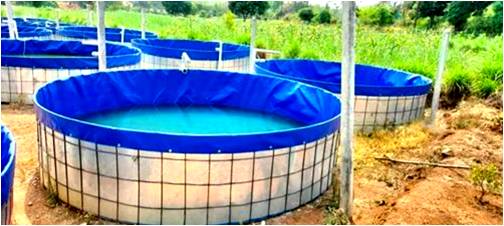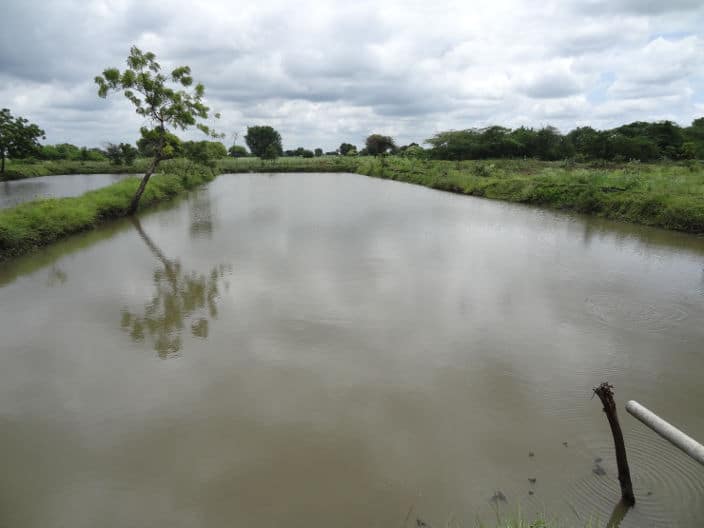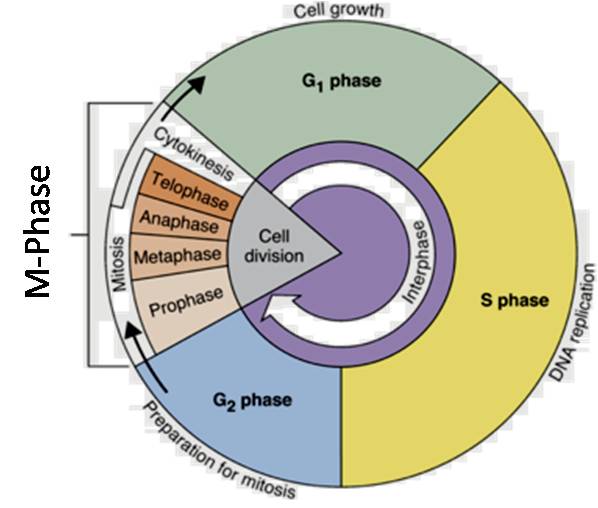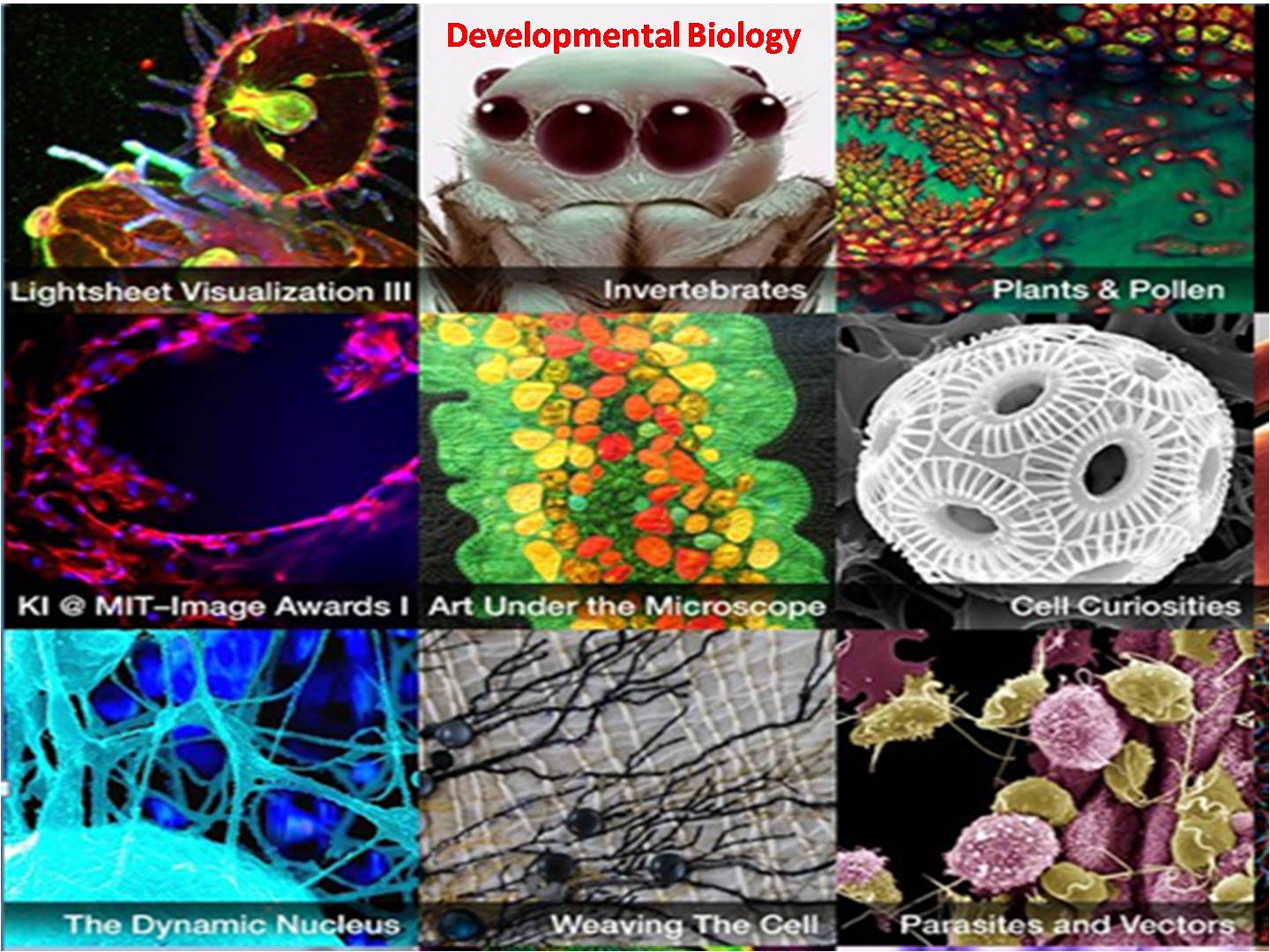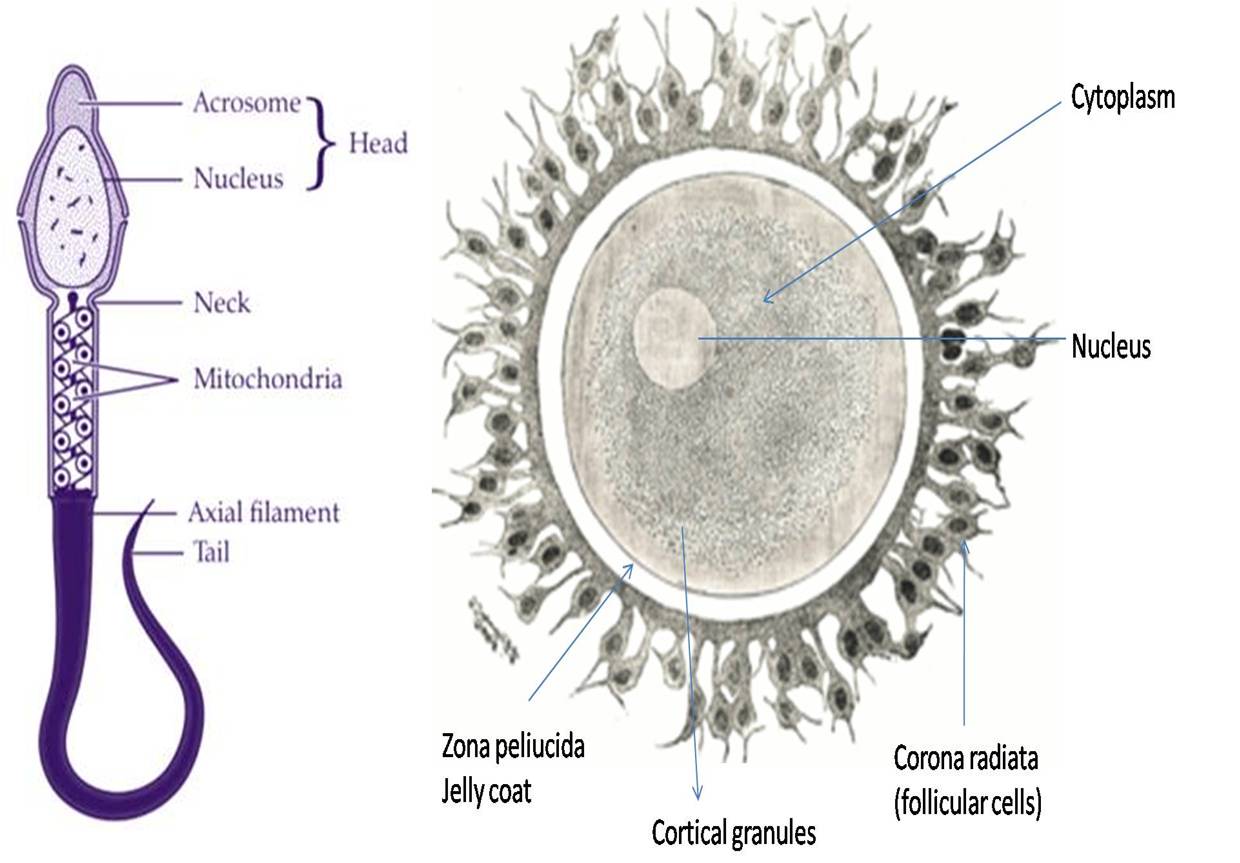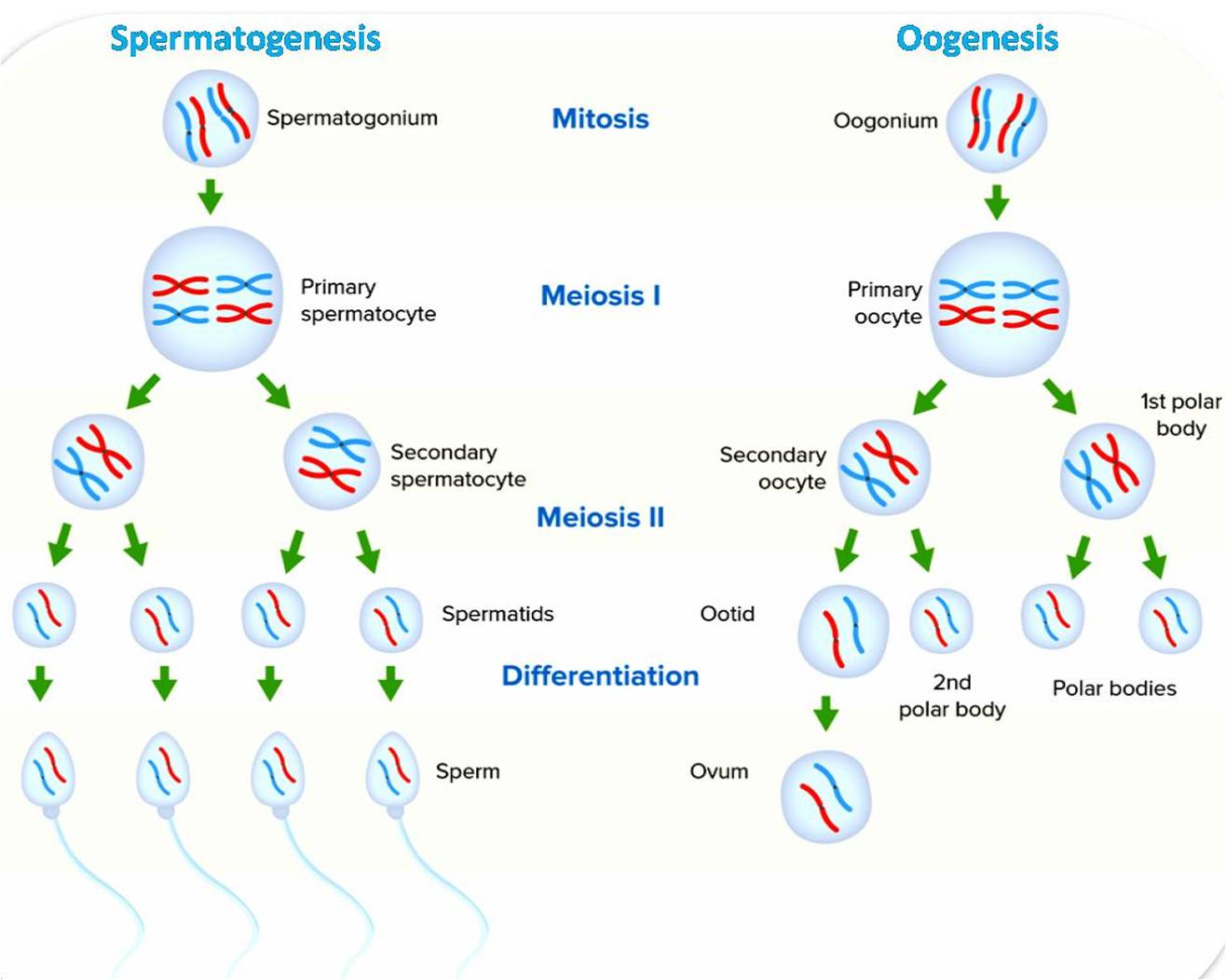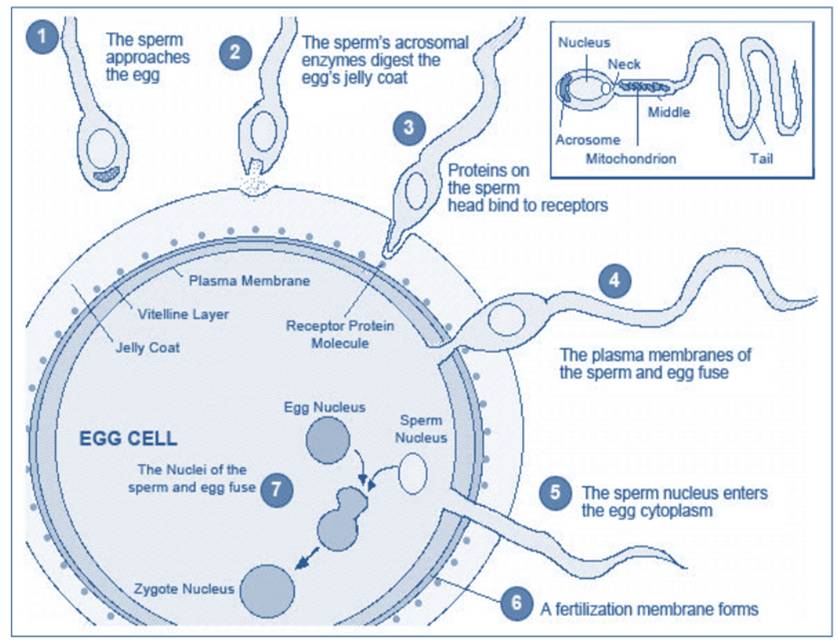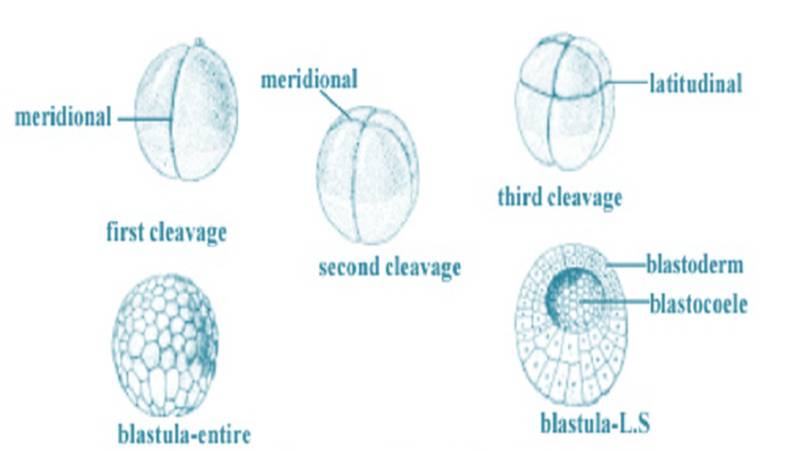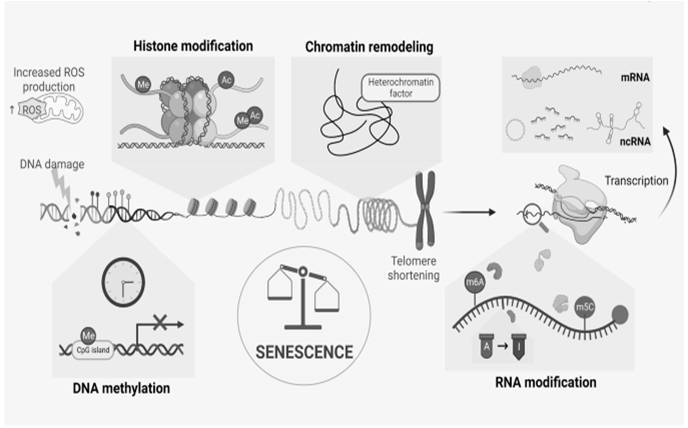Development Biology: is a scientific discipline that focuses on understanding how organisms grow, develop, and mature from a fertilized egg into a complex multicellular organism. It explores the processes, mechanisms, and patterns that shape the formation of tissues, organs, and the overall body plan throughout an organism’s life cycle. Developmental biologists investigate the fundamental biological principles underlying embryonic development, including cell differentiation, tissue morphogenesis, organ formation, and the establishment of body axes. They study the molecular, genetic, cellular, and environmental factors that contribute to these processes. By examining the intricate changes that occur during development, developmental biologists aim to uncover the mechanisms that govern the organization and specialization of cells into different tissues and organs. They investigate how cells communicate with each other through signaling pathways, how gene expression patterns are regulated, and how environmental cues influence developmental processes. Developmental biology also explores the mechanisms of regeneration and repair in organisms capable of regenerating lost body parts or repairing damaged tissues. It investigates the role of stem cells in replenishing and differentiating into various cell types to facilitate tissue regeneration.
Moreover, development biology investigates the evolutionary aspects of development, known as evolutionary development biology or evo-devo. By comparing the developmental processes and genetic pathways of different species, researchers can gain insights into the evolution of body plans, morphological traits, and developmental innovations. The field of developmental biology is highly interdisciplinary, drawing from various scientific disciplines such as genetics, molecular biology, cell biology, biochemistry, physiology, and evolutionary biology. It employs a wide range of techniques, including genetic manipulation, imaging technologies, molecular biology tools, and computational modeling to unravel the complex processes underlying development. The knowledge gained from developmental biology research has significant implications for diverse areas such as regenerative medicine, birth defects, tissue engineering, evolutionary biology, and understanding the underlying causes of developmental disorders and diseases in humans and other organisms.
Development biology is a scientific discipline that studies the mechanisms of development, differentiation, and growth in animals and plants at the molecular, cellular, genetic, and evolutionary levels. It also encompasses the biology of regeneration, asexual reproduction, metamorphosis, and the growth and differentiation of stem cells in the adult organism. The study of development has become essential for understanding any other area of biology.
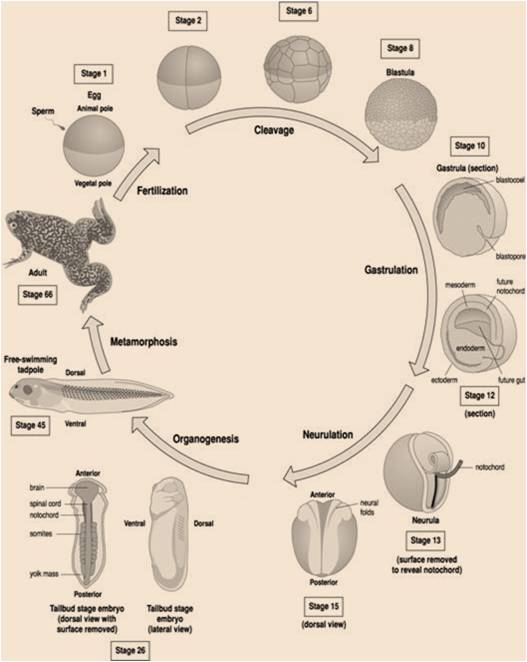
According to the University of Torino, development is a gradual process by which a complex multicellular organism arises from a single cell (the zygote). It involves 5 major overlapping processes: cell division, cell differentiation, morphogenesis, pattern formation, and cell death.
Development biology provides understandable explanations for various aspects of cell biology, genetics, physiology, ecology, evolution, histology, and anatomy. It has become closely related to genetics to form a distinct biological discipline called developmental genetics.
Fundamental Concepts of Development Biology
Development biology is a complex and rapidly evolving field, but these fundamental concepts provide a basis for understanding the many different aspects of development.
All these concepts are applied in development biology:
Potency: Stem cells are pluripotent, meaning that they have the potential to give rise to any type of cell in the body. This is why stem cells are so useful for regenerative medicine.
Commitment: During development, cells become committed to different fates in a process called lineage specification. This process is controlled by a variety of factors, including gene expression and signal transduction.
Cell fate: Once a cell has become committed to a particular fate, it will generally continue to divide and differentiate into that cell type. However, there are some exceptions to this rule. For example, transdifferentiation is a process in which one type of cell can convert into a different type of cell.
Cell lineage: Cell lineages can be traced by using genetic markers or by following the movement of cells during development. This information can be used to understand how different cell types are generated and how they are organized in the body.
Gene expression: Gene expression is tightly regulated during development. Different genes are expressed in different cells and at different times during development. This differential gene expression is essential for the proper development of all tissues and organs.
Signal transduction: Signal transduction pathways play a critical role in development. These pathways allow cells to communicate with each other and to coordinate their activities. For example, the hedgehog signaling pathway is essential for the proper development of the nervous system and other tissues.
Morphogenesis: Morphogenesis is the process by which cells and tissues are organized into three-dimensional structures. This process is driven by a variety of factors, including cell movement, cell adhesion, and cell shape changes.
Regeneration: Regeneration is the process by which damaged or lost tissues are replaced. This process can be complete, as in the case of a salamander regrowing a lost limb, or incomplete, as in the case of liver regeneration in humans.
Scope of Development Biology
The scope of development biology is vast and encompasses all aspects of plant and animal development, from the fertilization of the egg to the formation of complex tissues and organs. Developmental biologists study a wide range of topics, including:
Early development: The fertilization of the egg, cell division, and the formation of the early embryo.
Patterning: The process by which the embryo is patterned into different cell types and tissues.
Morphogenesis: The process by which cells and tissues are organized into three-dimensional structures.
Regeneration: The process by which damaged or lost tissues are replaced.
Stem cell biology: The study of stem cells, which are unspecialized cells that have the potential to develop into different types of cells.
Development biologists use a variety of approaches to study these topics, including molecular biology, genetics, cell biology, and embryology. They also use a variety of model organisms, such as fruit flies, mice, and zebrafish.
Scope of development biology in research:
Developmental biology has a number of important applications. For example, research in developmental biology has led to new treatments for infertility and birth defects. It is also being used to develop new regenerative therapies for diseases such as spinal cord injury and Parkinson’s disease.
Understanding the genetic basis of development: Developmental biologists are working to identify the genes that control different aspects of development. This research is helping us to understand how birth defects occur and how to develop new treatments for them.
Developing new regenerative therapies: Developmental biologists are working to develop new ways to regenerate damaged or lost tissues. This research has the potential to lead to new treatments for a variety of diseases, such as spinal cord injury, Parkinson’s disease, and cancer.
Improving agricultural production: Developmental biologists are working to develop new ways to improve crop yields and resistance to pests and diseases. This research is helping to ensure that we have a sustainable food supply for a growing population.
Understanding human evolution: Developmental biology is helping us to understand how humans evolved from other animals. This research is shedding light on our origins and our shared ancestry with other primates.
Developmental biology is a rapidly evolving field with the potential to make a significant impact on society. By understanding the process of development, we can develop new treatments for diseases, improve agricultural production, and gain a better understanding of our origins.
Facts about Development Biology
Some fascinating facts about developmental biology as follows:
| Fact | Description |
|---|---|
| Developmental biology studies how organisms change and grow over time. | It focuses on the processes from conception to adulthood. |
| It plays a pivotal role in understanding genetic disorders and birth defects. | By studying development, scientists gain insights into the causes of various medical conditions. |
| Model organisms like fruit flies and zebrafish are commonly used in developmental biology research. | These organisms provide valuable insights into human development due to similarities in genetic pathways. |
Conclusion
Developmental biology is the key to unraveling the mysteries of life’s origins and transformations. It provides profound insights into the intricate processes that govern the growth and development of all living organisms.
FAQs
How does development biology relate to medical research?
Development biology is crucial in understanding the causes of genetic disorders and birth defects, which is vital for medical research and treatment development.
What are some real-world applications of development biology?
It has applications in regenerative medicine, agriculture (crop improvement), and understanding diseases like cancer.
How can I pursue a career in development biology?
To embark on a career in development biology, you typically need a strong foundation in biology, followed by specialized education at the graduate or postgraduate level.

